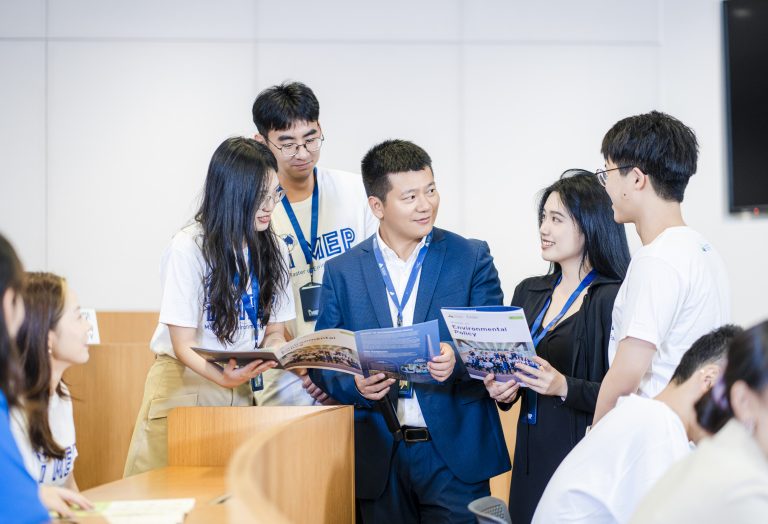
Play Video




The Research Map plots details of ongoing research projects undertaken by our faculty. It provides a visual representation of the geographical outreach of our research activities. It is also intended to increase opportunities for collaboration, and to engage directly with researchers working on topics of interest to them.




